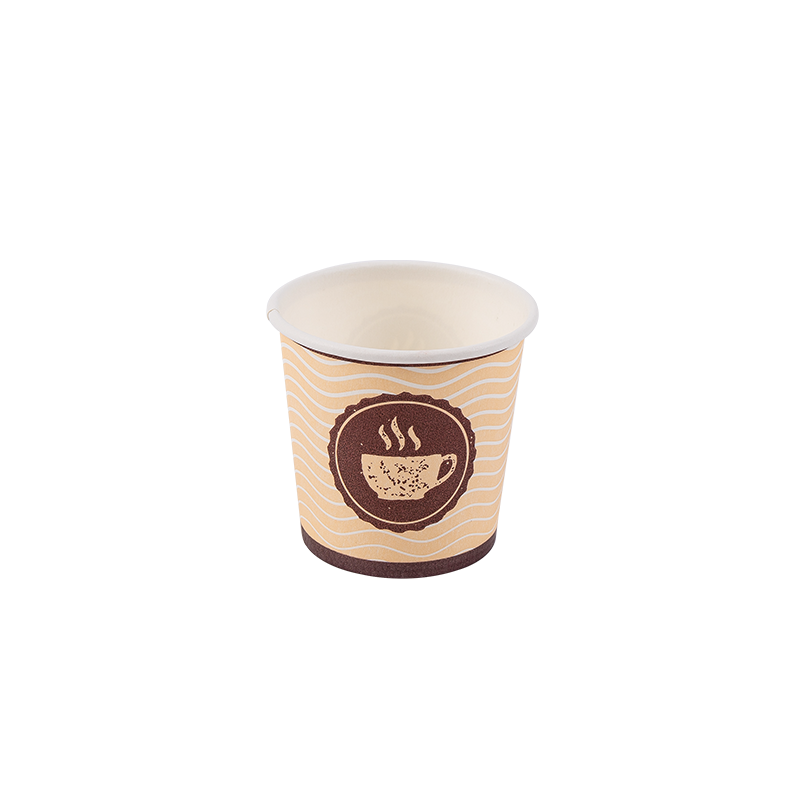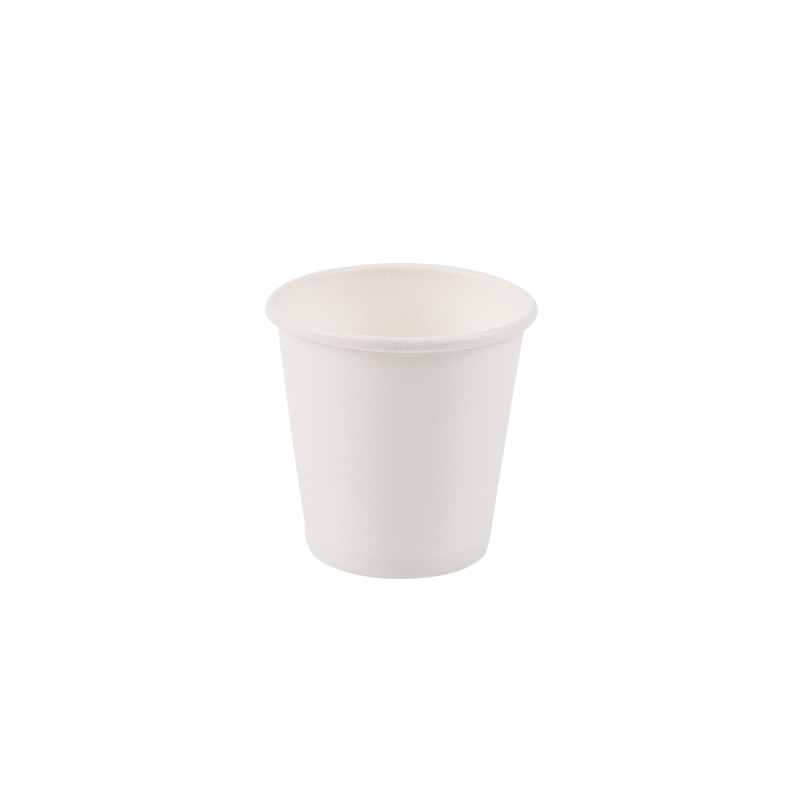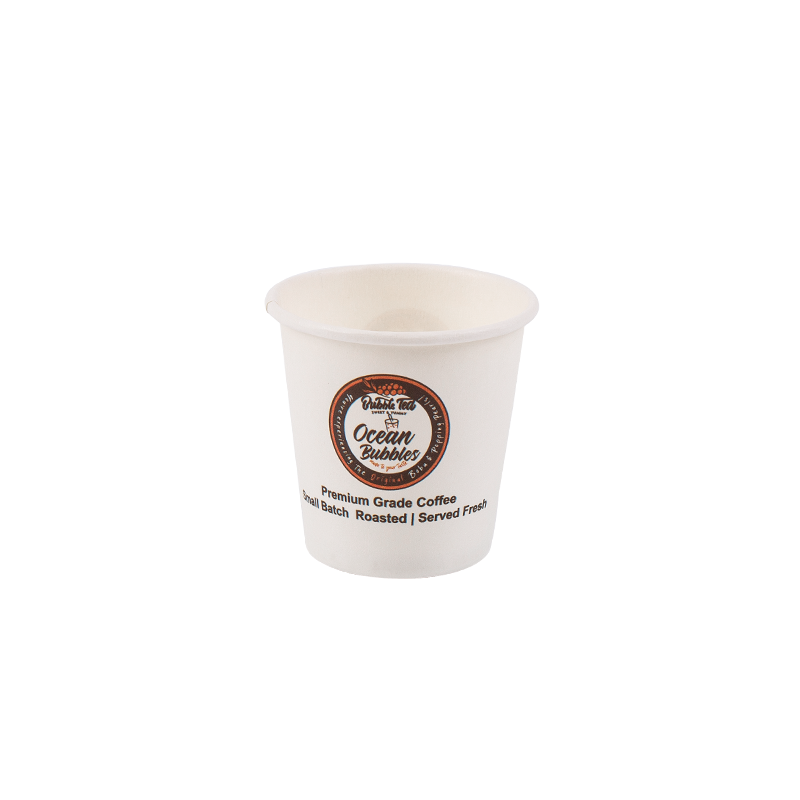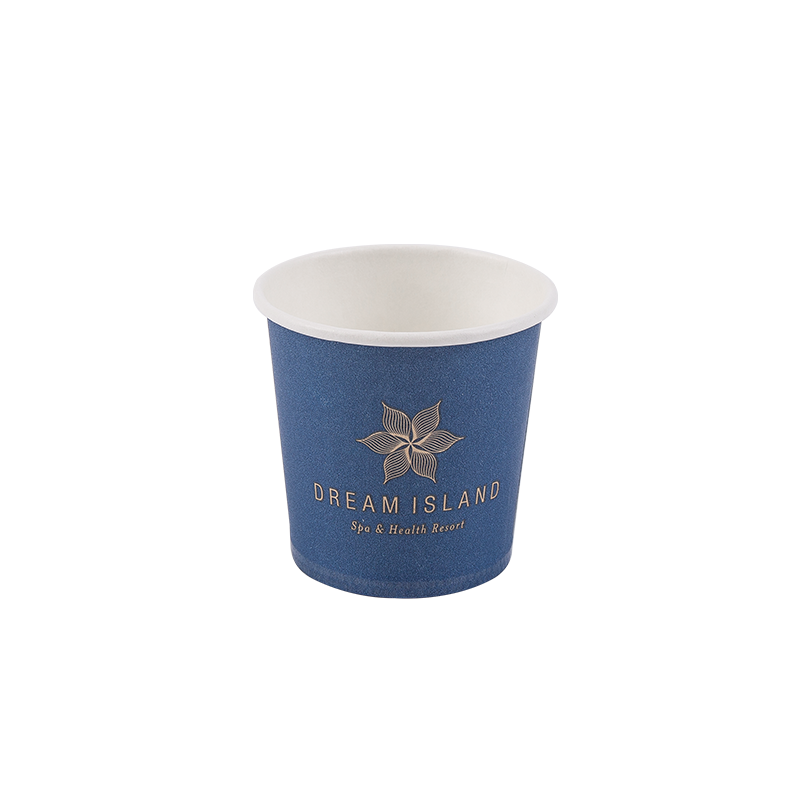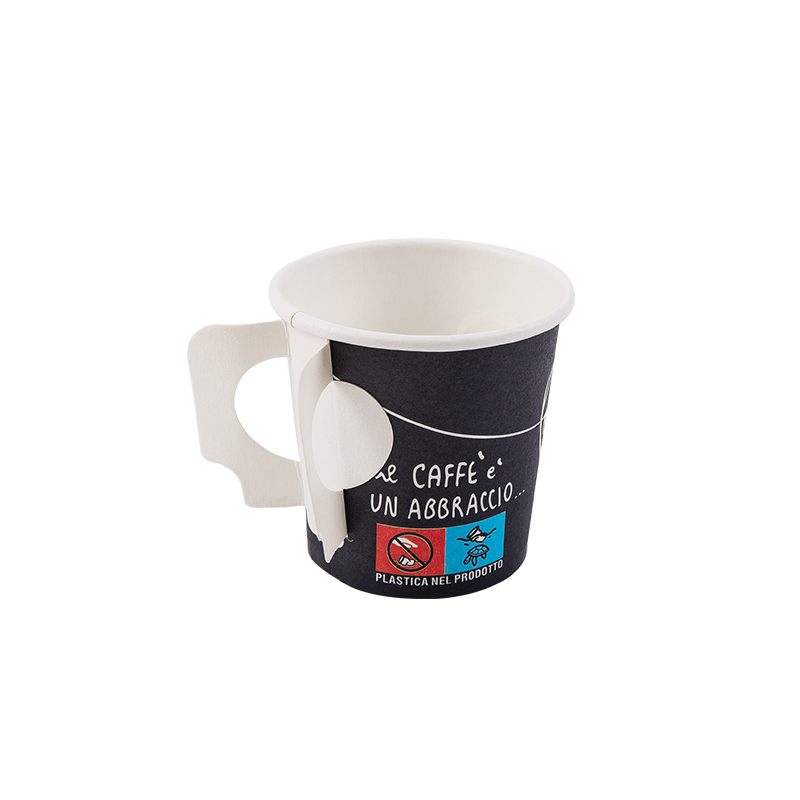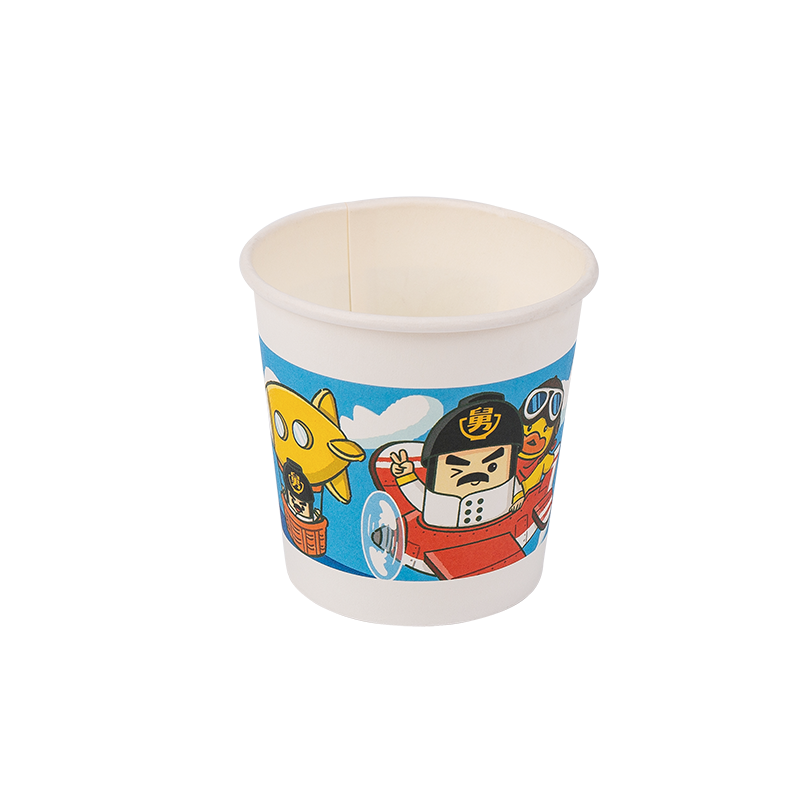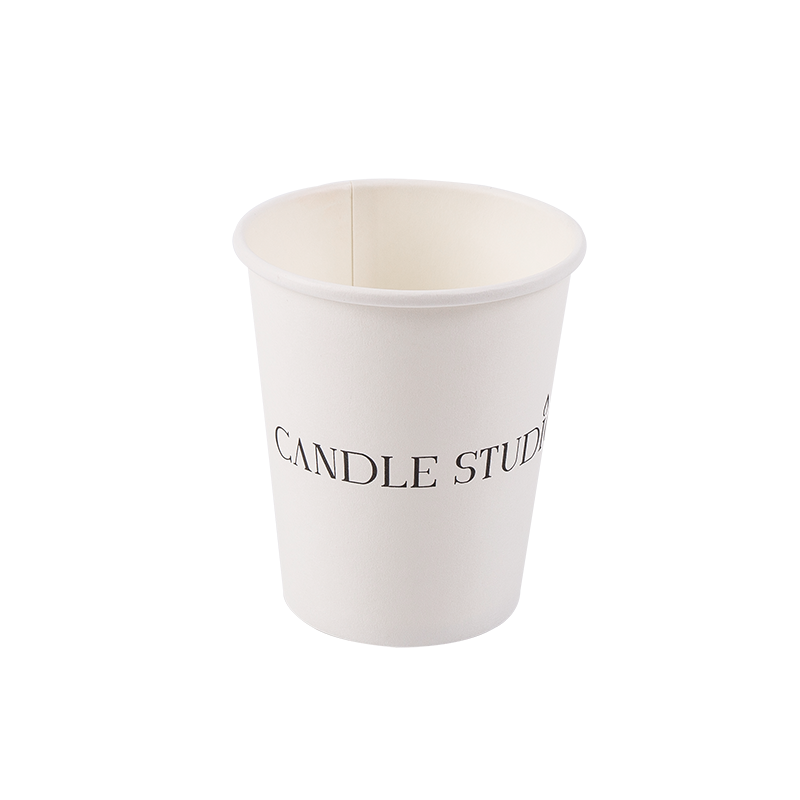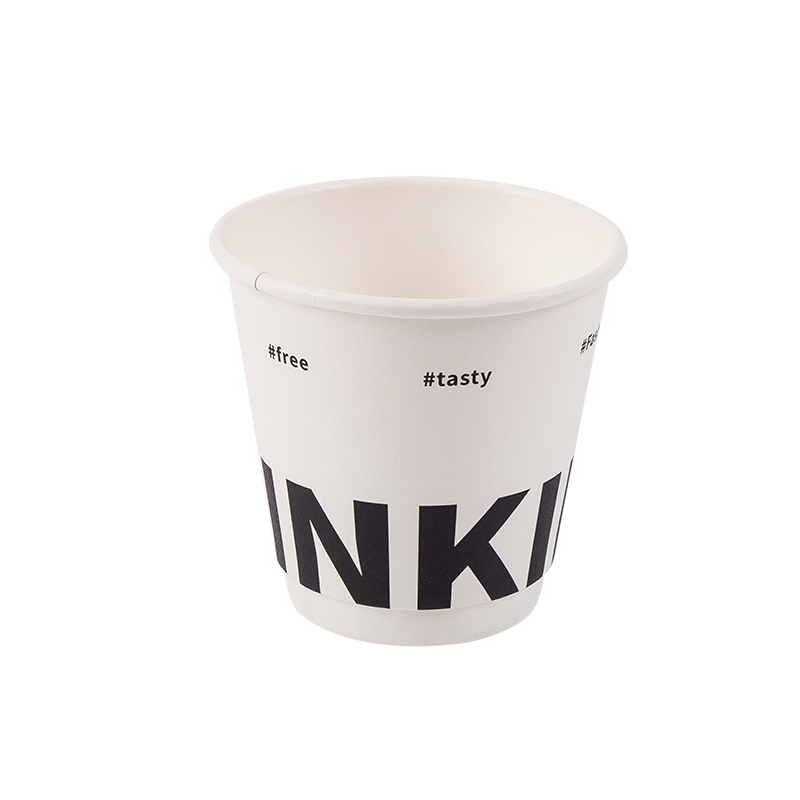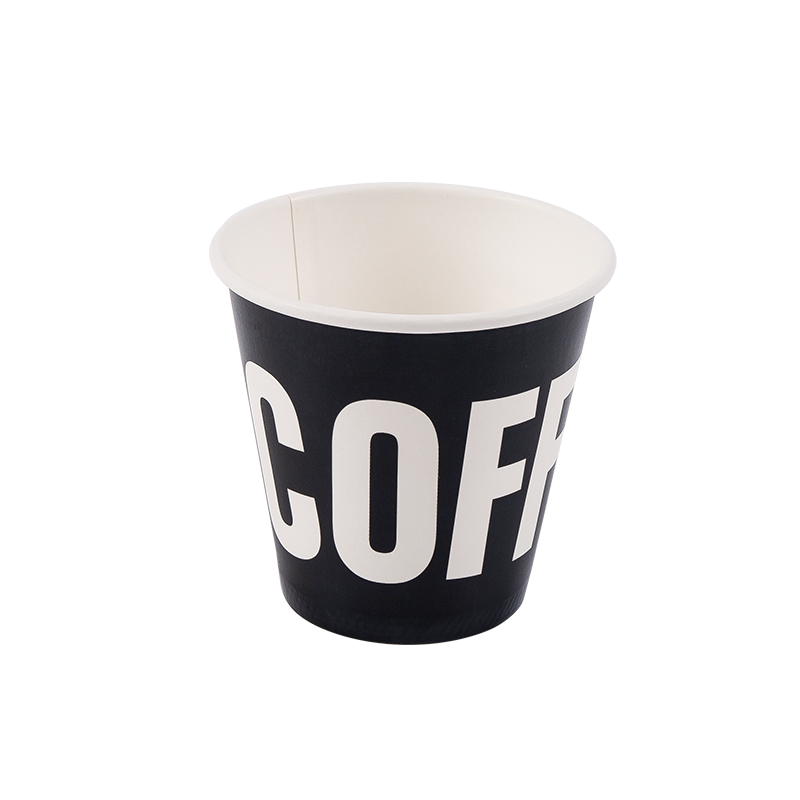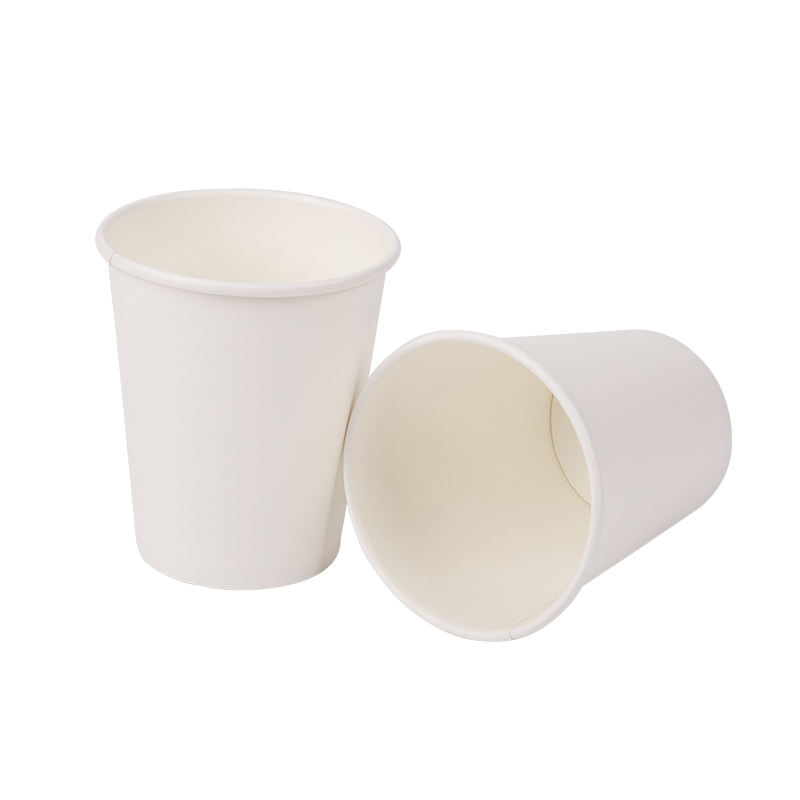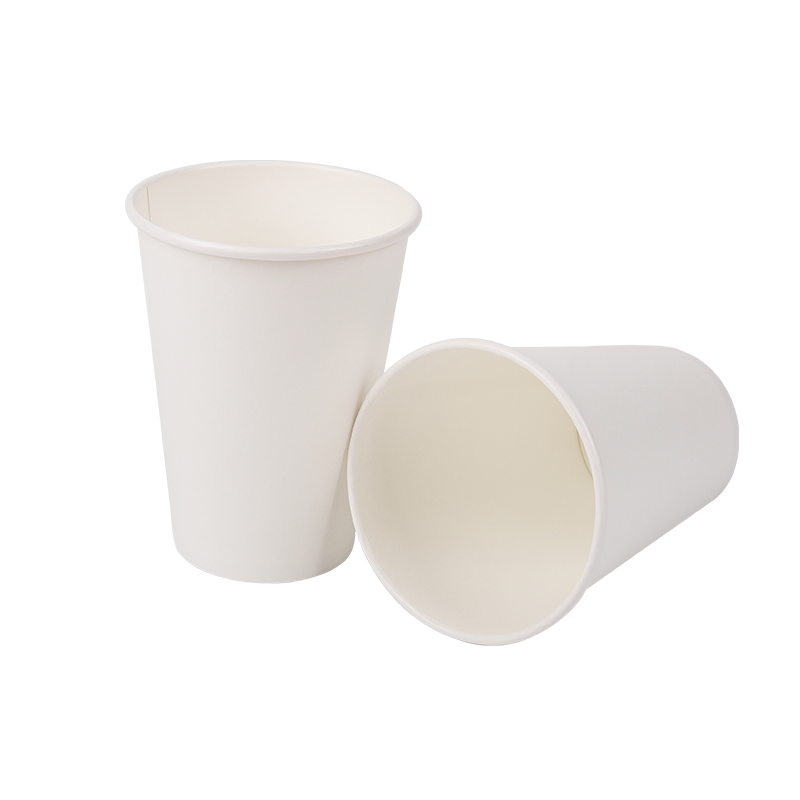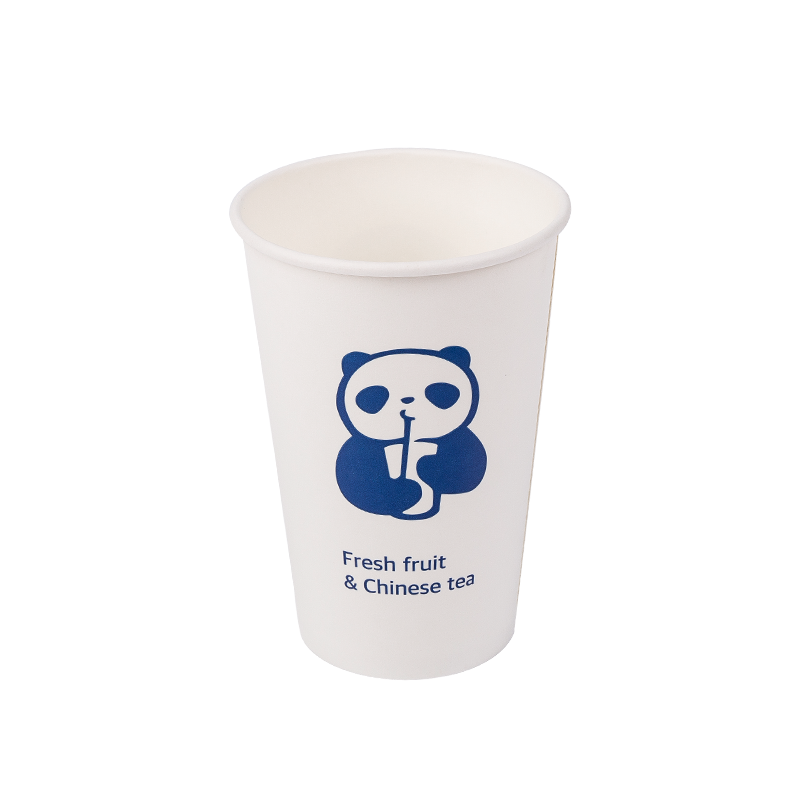In an era defined by growing environmental consciousness, the packaging industry stands at a critical juncture. The pervasive use of traditional, non-biodegradable materials has led to a global waste crisis, prompting a urgent need for sustainable alternatives. Among the most promising solutions to emerge are disposable biodegradable paper boxes, which are revolutionizing the way we package goods, from food and beverages to consumer products.
Understanding the Urgency: The Environmental Toll of Traditional Packaging
For decades, plastics and other petroleum-based materials have dominated the packaging landscape due to their durability, low cost, and versatility. However, their longevity in landfills and oceans poses a severe threat to ecosystems. Plastic waste contaminates water sources, harms marine life, and releases harmful toxins as it breaks down into microplastics. This environmental damage has spurred consumers, businesses, and governments to seek out more eco-friendly options.
The Rise of Disposable Biodegradable Paper Boxes
Disposable biodegradable paper boxes offer a compelling alternative to conventional packaging. Unlike their plastic counterparts, these boxes are made from renewable resources, such as sustainably sourced wood pulp or recycled paper. Their key advantage lies in their ability to break down naturally and safely in a relatively short period, returning to the earth without leaving behind toxic residues. This process, known as biodegradation, is facilitated by microorganisms that consume the paper fibers, converting them into harmless organic matter.
Key Features and Benefits:
- Renewable and Sustainable: The raw materials used in the production of these boxes are sourced from responsibly managed forests, ensuring that the ecological footprint is minimized.
- Fully Biodegradable: When disposed of correctly, these boxes decompose within weeks or months, as opposed to the centuries it takes for plastic to break down.
- Versatile and Functional: Modern manufacturing techniques have made it possible to create paper boxes that are not only durable but also resistant to grease and moisture, making them suitable for a wide range of applications, including food delivery and takeaway services.
- Reduced Carbon Footprint: The production process for paper boxes generally consumes less energy and generates fewer greenhouse gas emissions compared to plastic manufacturing.
- Consumer Appeal: As consumers become more environmentally aware, businesses that adopt sustainable packaging solutions are seen as more responsible and are often rewarded with increased brand loyalty.
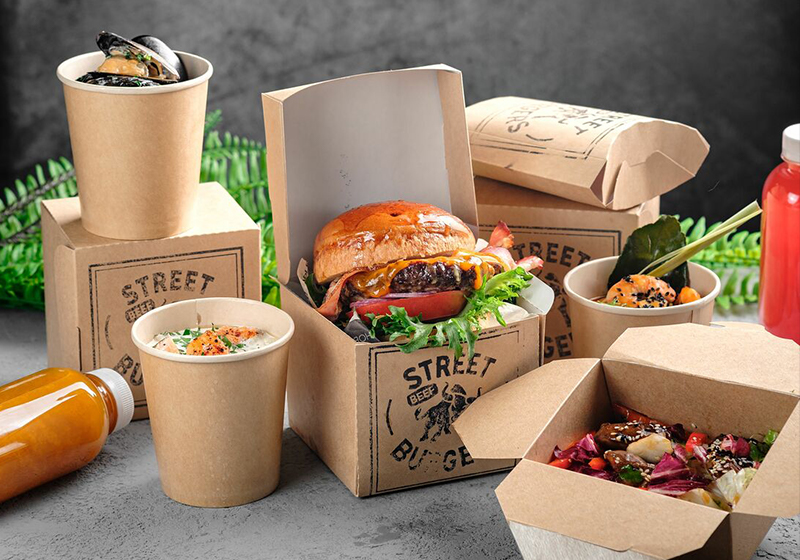
Innovations Driving the Shift
The advancement of materials science and packaging technology has been instrumental in the widespread adoption of disposable biodegradable paper boxes. Innovations such as bio-coatings made from plant-based polymers and natural waxes have enhanced their performance, providing a barrier against liquids and fats without compromising their biodegradability. These coatings, derived from sources like cornstarch, sugarcane, or polylactic acid (PLA), are a game-changer, allowing paper boxes to compete with plastic in terms of functionality.
Furthermore, the design of these boxes is becoming increasingly sophisticated, offering features like leak-proof seals, secure closures, and stackable designs that improve logistics and user convenience.
Economic and Business Implications
For businesses, the transition to disposable biodegradable paper boxes is not just an ethical decision—it’s a strategic one. As regulations on single-use plastics tighten and consumer demand for green products grows, companies that embrace sustainable practices gain a competitive edge. This shift can also lead to cost savings in the long run by reducing waste disposal fees and improving brand reputation.
The Path Forward
While the move towards sustainable packaging is gaining momentum, a few challenges remain. These include the need for better waste management infrastructure to ensure proper composting and recycling of these materials. Educating consumers on how to correctly dispose of biodegradable products is also crucial to maximizing their environmental benefits.
In conclusion, disposable biodegradable paper boxes are more than just a packaging trend; they represent a fundamental shift towards a circular economy where materials are valued and reused rather than discarded. By choosing these sustainable alternatives, businesses and consumers alike can play a vital role in reducing waste, protecting our planet, and building a healthier, more sustainable future for generations to come. The era of responsible consumption is here, and biodegradable paper boxes are at its forefront.










 English
English русский
русский Español
Español 中文简体
中文简体